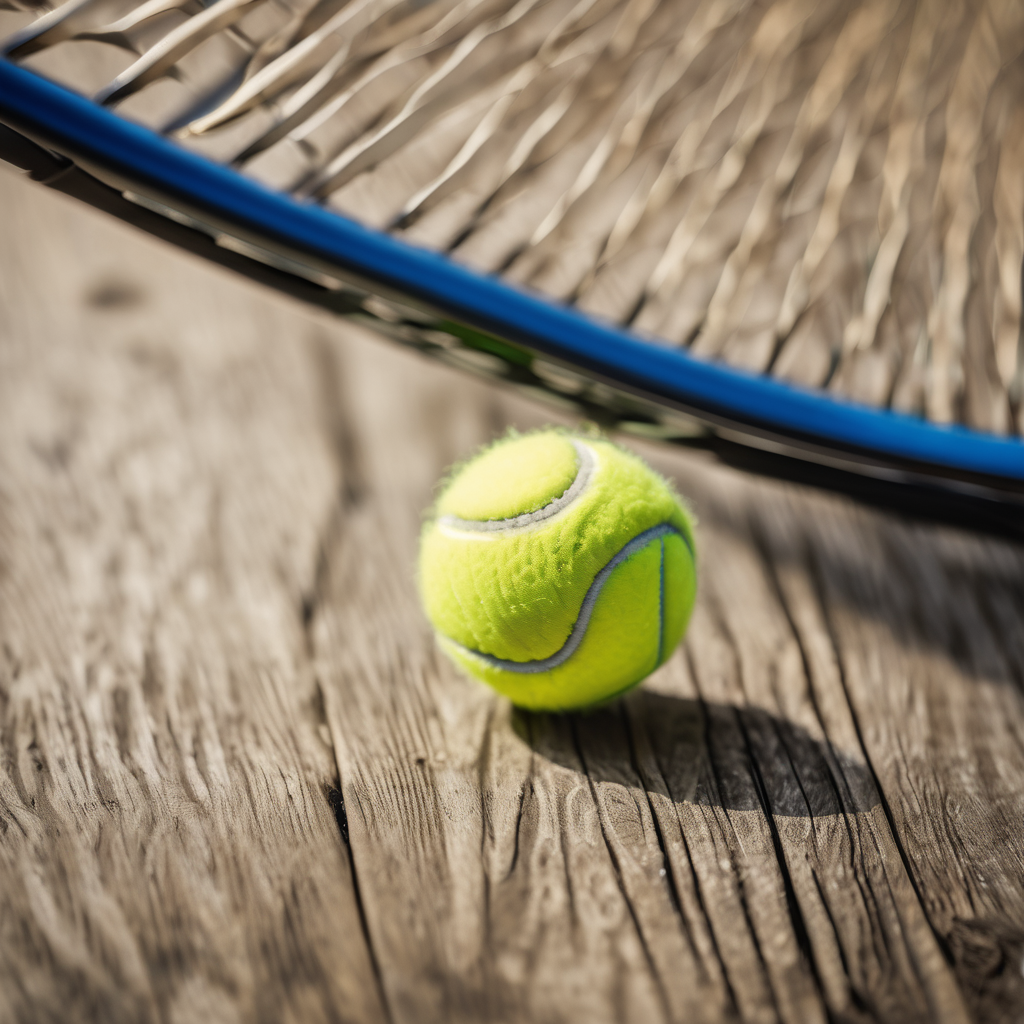In recent discussions surrounding Jannik Sinner’s decision to forgo participation in the Davis Cup, sentiments have been polarized. Critics have emerged, urging him to reconsider, with some outlets like La Gazzetta dello Sport claiming, “Sinner, think again.” Yet, there exists a historical context that underscores his choice, reminding us that the evolution of a player’s career often necessitates making tough decisions for personal development and performance enhancement.
Two years ago, Sinner also faced backlash when he opted not to participate in the Davis Cup, a decision that was subsequently labeled a “national case.” At that time, he emphasized the need for training, a perspective that few took seriously. However, following that break, Sinner’s career skyrocketed, leading to four Grand Slam titles and contributing significantly to Italy’s success with two Davis Cup victories. This shift in narrative is notable, as Sinner transitioned from facing criticism to being celebrated as an athletic and moral hero by the very media that once scrutinized him.
It’s crucial to understand that those who critique Sinner’s withdrawal often lack a deep knowledge of tennis. Many journalists confusingly equate the significance of the Davis Cup to that of a football World Cup, failing to appreciate that for tennis enthusiasts, participating in Grand Slam tournaments, such as Wimbledon, holds far greater prestige. Sinner’s triumphs on the grass of Wimbledon represent milestones that surpass the allure of a couple of victories in the Davis Cup.
Critics often cite the legacy of legends like Rafael Nadal and John McEnroe, who each have impressive records in Davis Cup history. However, these examples overlook the reality that both champions selectively participated in the Davis Cup, often taking breaks to prioritize their personal careers. Nadal, for instance, played 15 times over 23 years, opting out in significant years, while McEnroe participated in fewer than one Davis Cup per year during his career.
Interestingly, the current noise surrounding Sinner’s decision comes from those who may be more inclined to praise his foreign rivals than to support a player who has achieved greatness. Sinner has found himself in a perplexing position where some commentators label him as less Italian, often showcasing an antiquated form of nationalism reminiscent of past injustices.
Tennis experts were not surprised by Sinner’s choice to skip the Davis Cup, as there had been chatter about it within the tennis community. The decision fits within the normal dynamics of a rigorous tennis season, wherein players are required to prioritize tournaments based on their distinctive challenges and trajectories. Sinner, coming off a mentally taxing year and battling the pressures of competition with fellow players, recognizes the need for a strategic hiatus.
While I may personally disagree with Sinner’s decision not to participate, especially with the event taking place in Italy, there remains a vast landscape of opportunities for the future, given that Bologna will also host the Davis Cup in 2026 and 2027. An alternative approach could have involved a strategic participation plan to minimize his exertion. Nevertheless, Sinner seems steadfast in his mental approach, prioritizing his readiness and overall career trajectory.
Ultimately, Sinner’s choice is a reflection of his aspirations and dedication to his sport. While the nuances and pressures of professional tennis shape his path, respect must be afforded to his decision. He is focused on achieving long-term goals and maximizing his performance, demonstrating that, in professional sports, personal well-being and career preservation often must take precedence.
